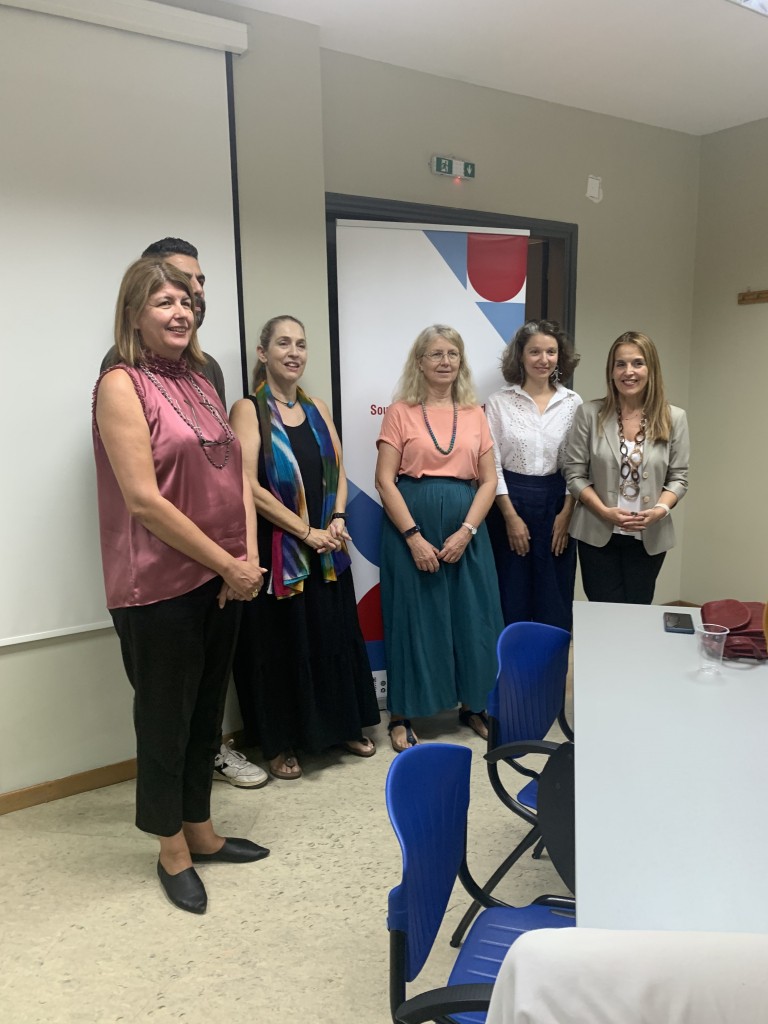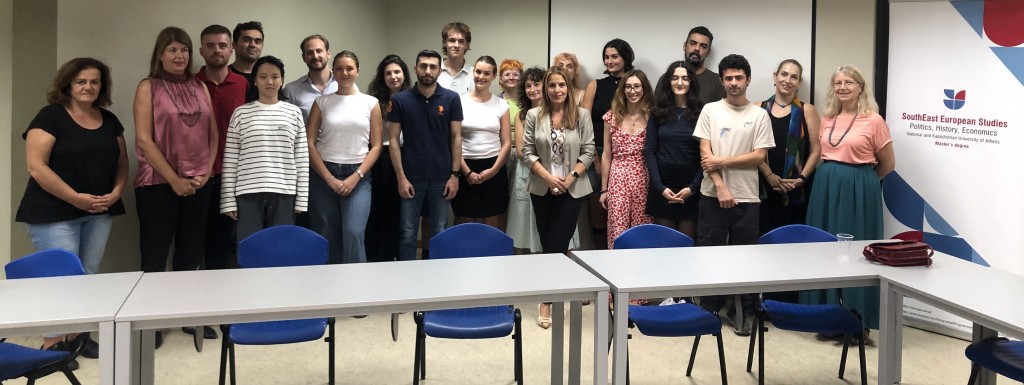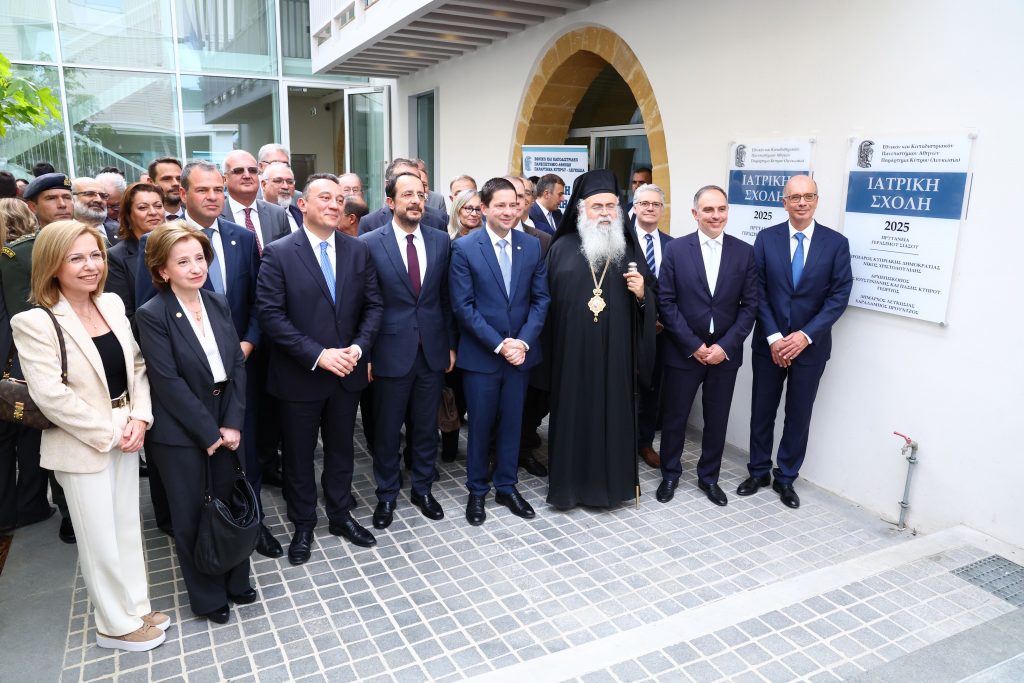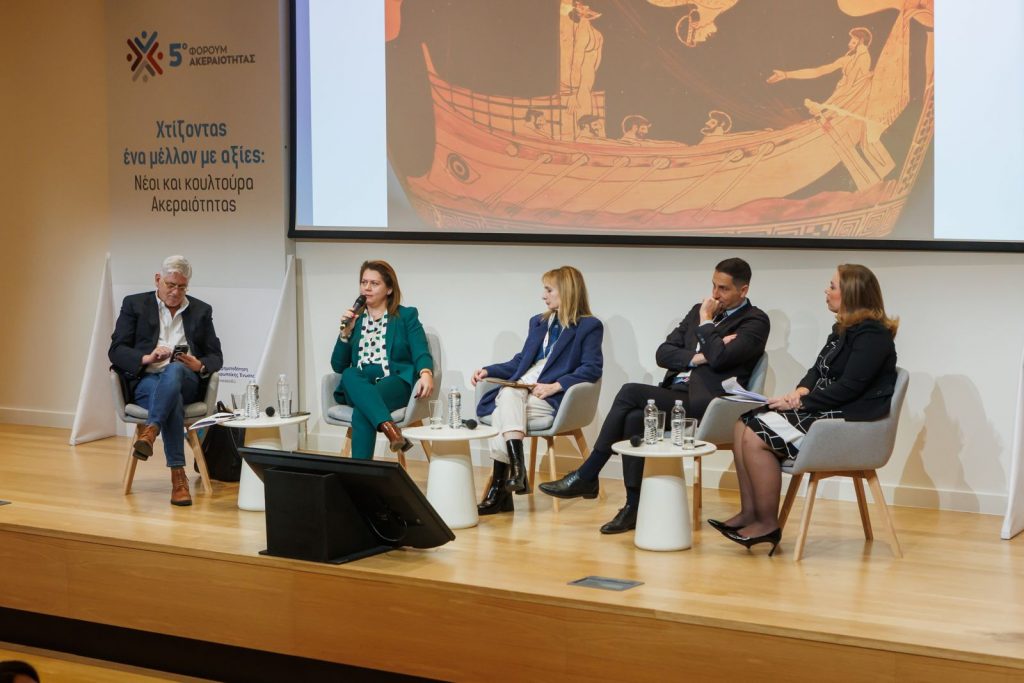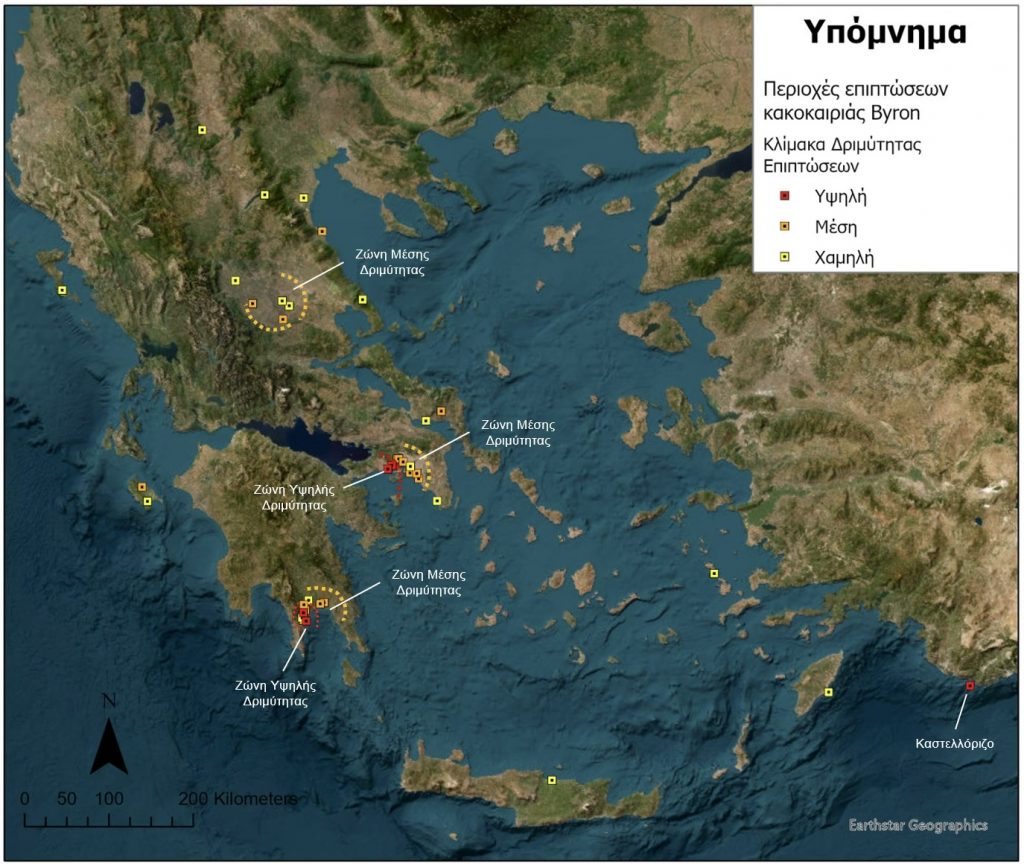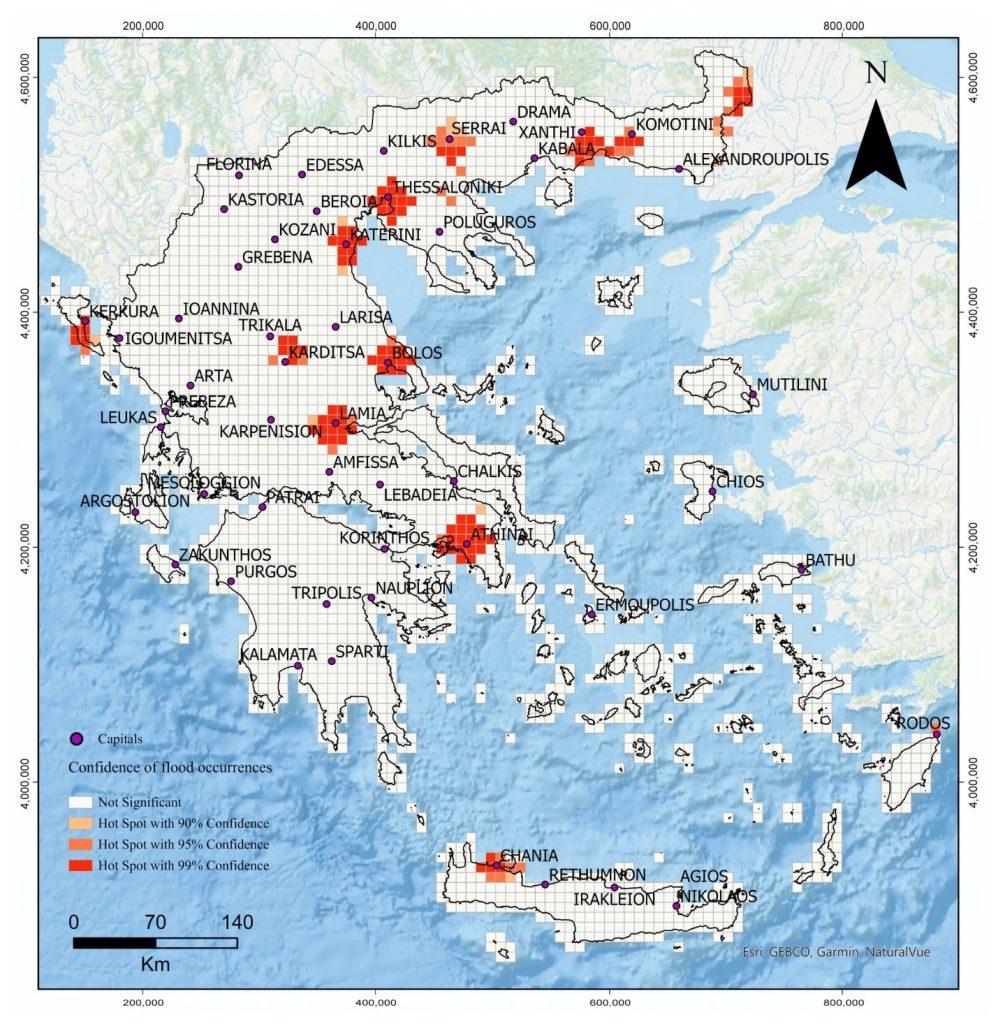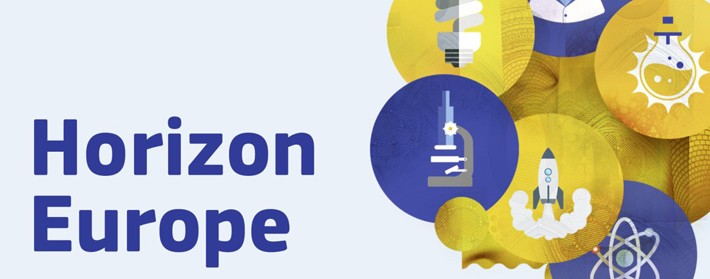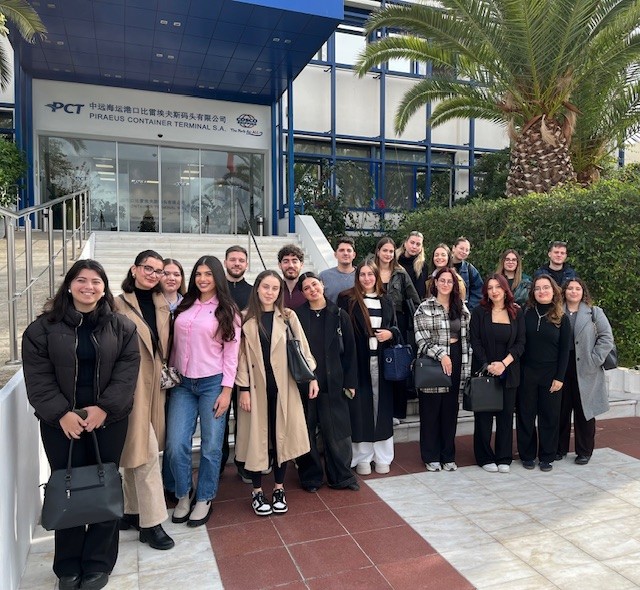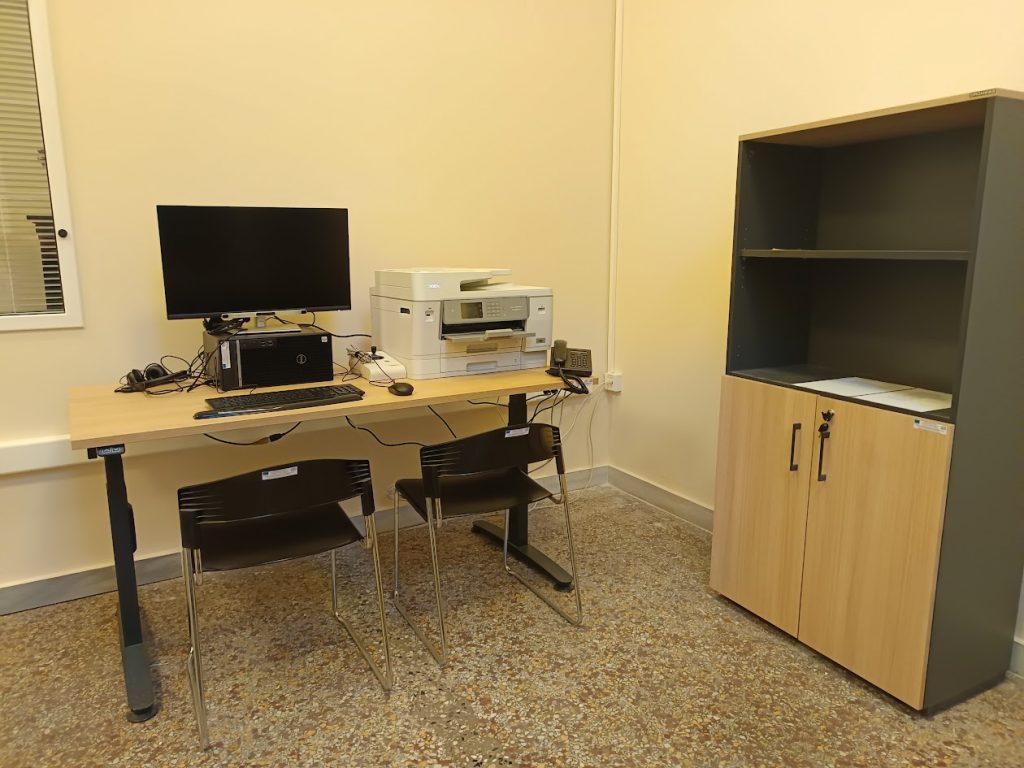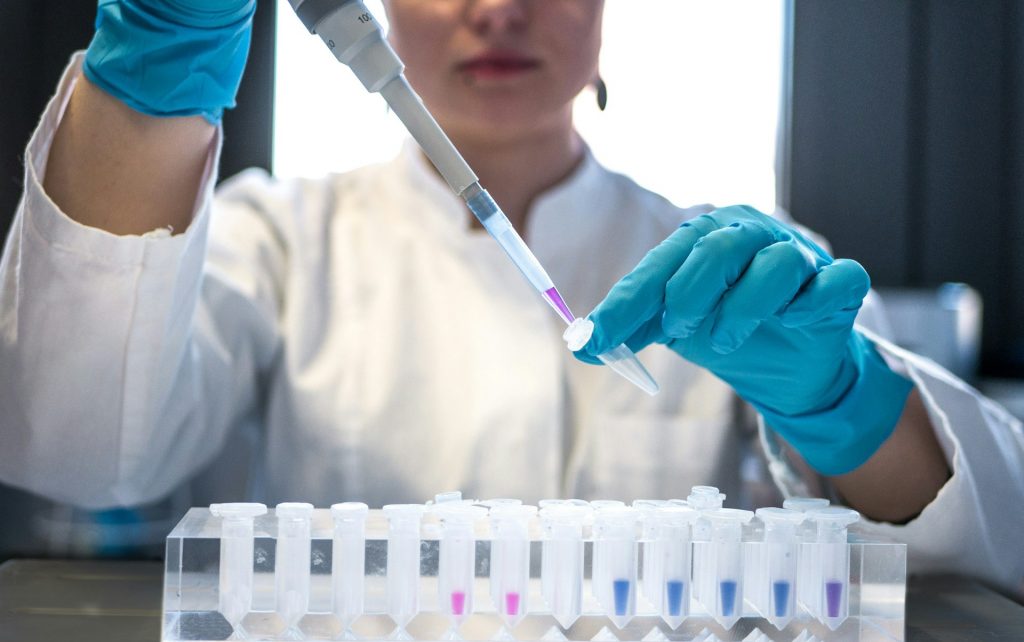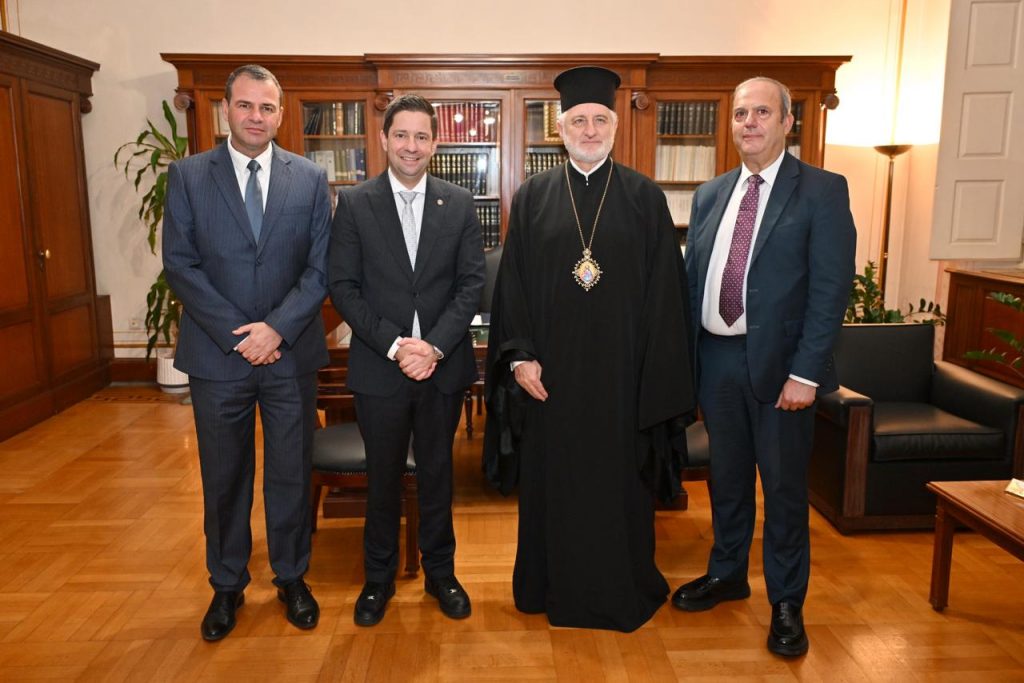The orientation meeting of the master’s degree in Southeast European Studies: Politics, History, Economics of the National and Kapodistrian University of Athens was successfully held on Friday 27 September 2024.
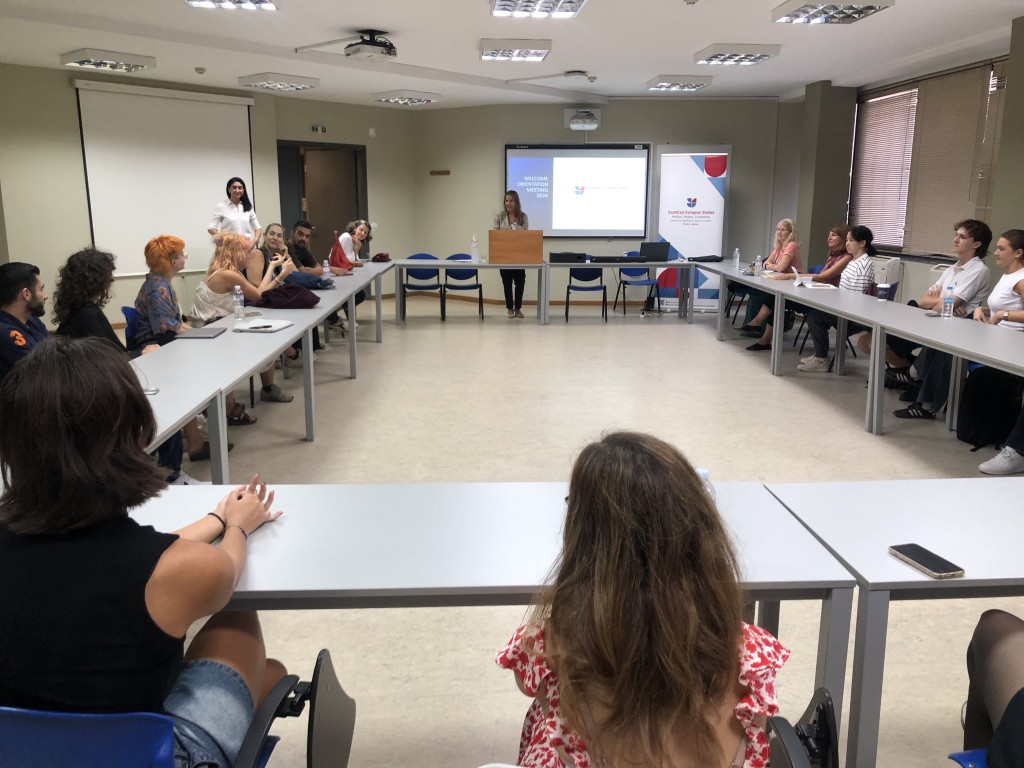
The Director of the Programme, Professor Emmanuella Doussis, welcomed the students, originating from twelve countries. Prof. Doussis presented the history and structure of the programme and highlighted its international character, as the first master’s programme of the NKUA taught entirely in English. In addition, Prof. Doussis presented the aims of the programme, to offer a high level interdisciplinary postgraduate education on the region of Southeast Europe, as well as to promote discussion, mutual understanding, and good neighborly relations. On their behalf, the teaching staff welcomed the students and presented their courses. The students also presented their academic backgrounds and interests.
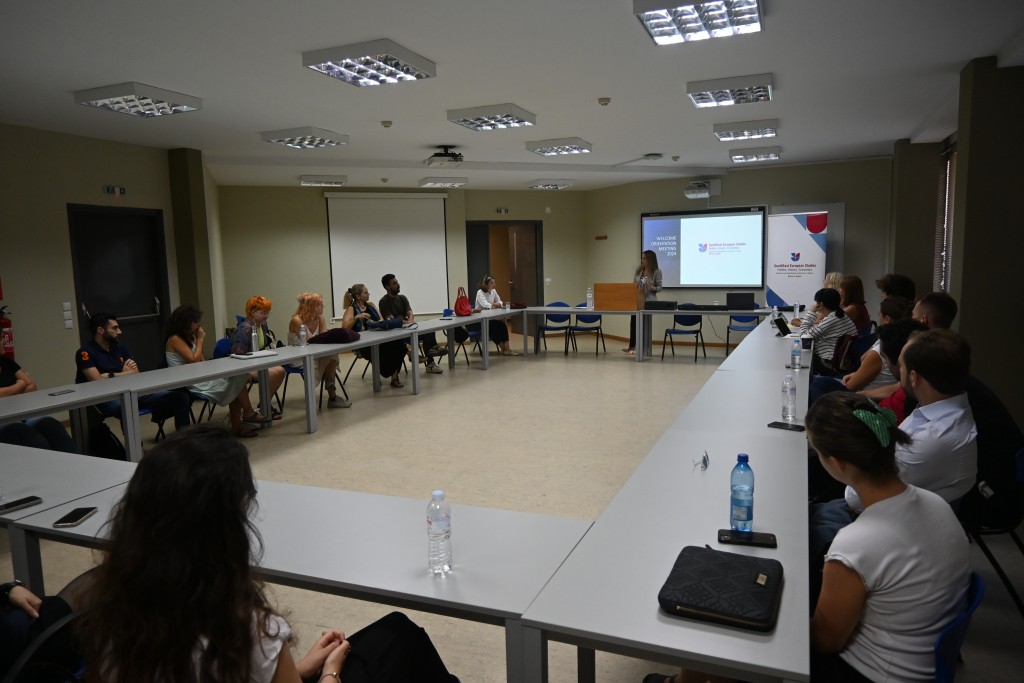
During the orientation meeting a guest lecture was also organized. Luciana Alexandra Ghica, Associate Professor of Global Governance and European Studies at the Faculty of Political Science, University of Bucharest (FSPUB)- which participates the CIVIS alliance- traveled to Athens to welcome the master’s students and discussed the state and future(s) of Political Research in Southeastern Europe.
A reception followed where the students had the opportunity to meet their professors and their fellow students in a more relaxed setup.
The master’s programme in Southeast European Studies: Politics, History, and Economics is the oldest English language master’s programme of the NKUA, now in its 26th year. It was launched in 1999 as an international initiative in the framework of the Royaumont process to provide a thorough and multidisciplinary understanding of the key historical, political, social and economic challenges facing the severely wounded Balkans and their relation to international law and politics. The idea was to bring together students from the region and beyond, students from different cultures, to learn about the Balkans and Southeast Europe with and from each other, and thus, contribute to the promotion of peace, democracy and reconciliation. Since 1999, 579 students have graduated from this programme, originating from 43 countries not only from the Balkans but also from other countries all over the world.
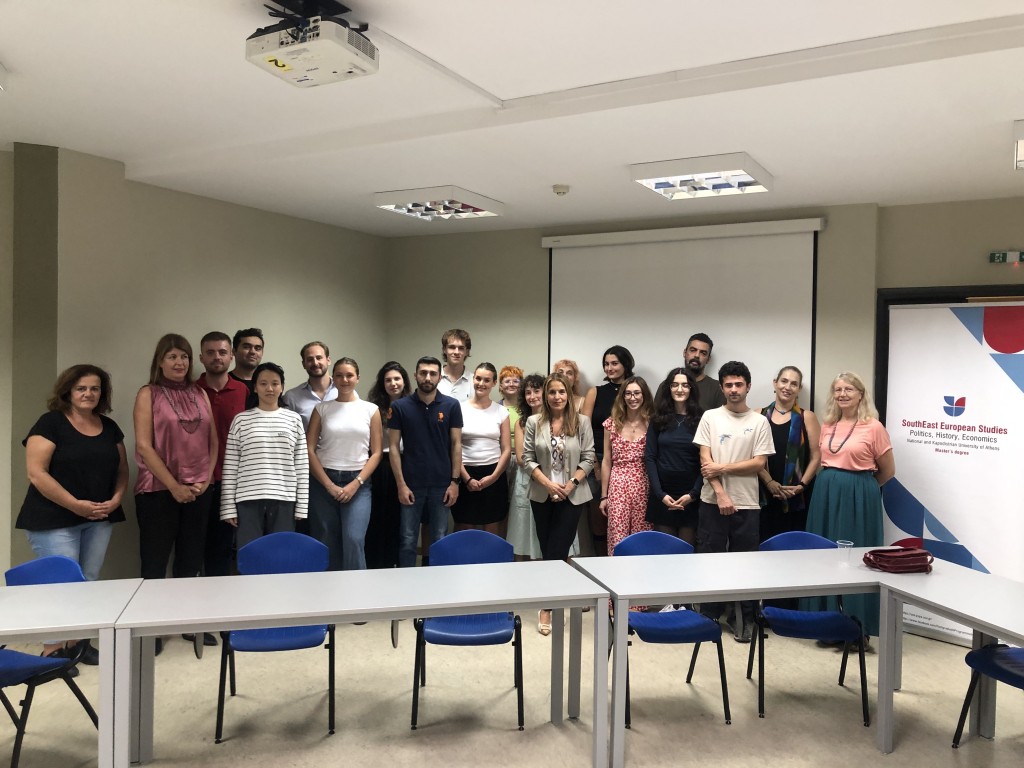
How things changed between 1999 and today?
With distance from a traumatic, conflictual, and volatile period of the cold war and the 1990’s, the programme has been re-oriented towards a 21st century agenda. Today, the Balkans and the broader Southeast European region are still the entry point for new challenges for Europe and the Western World. There is a long list of, frequently and closely related, security problems, including migration, border disputes, the ambitious agendas of regional powers, competition for energy sources and the climate change related catastrophes. Therefore, new topics have been included in the programme, such as migration and asylum governance, security and stability in Southeast Europe, a better understanding of contemporary Turkey, peaceful settlement of disputes and the role of international law and justice, nationalism and democratic transition pathways, climate policies and the role of diplomacy.
Recently, the programme successfully concluded the accreditation process. Some of the features of good practice highlighted by the external reviewers are the high quality of faculty, the cosmopolitan profile of the programme and its multidisciplinary and multicultural character.
